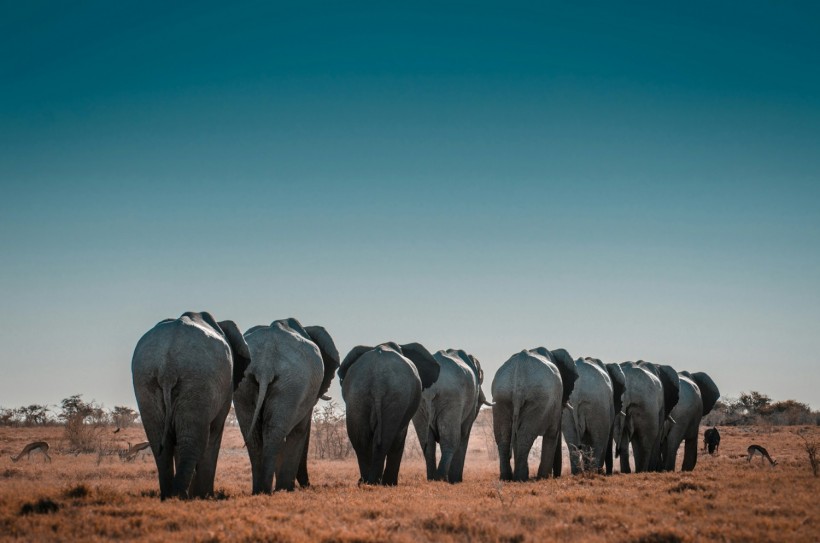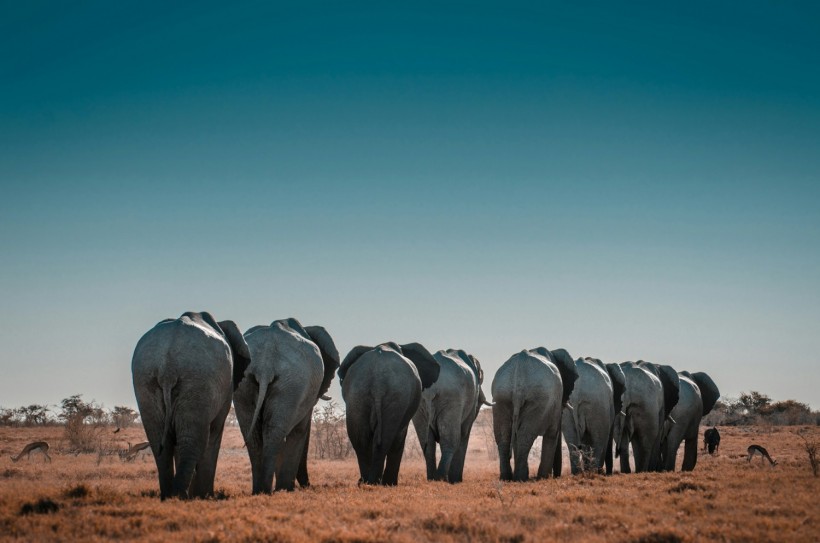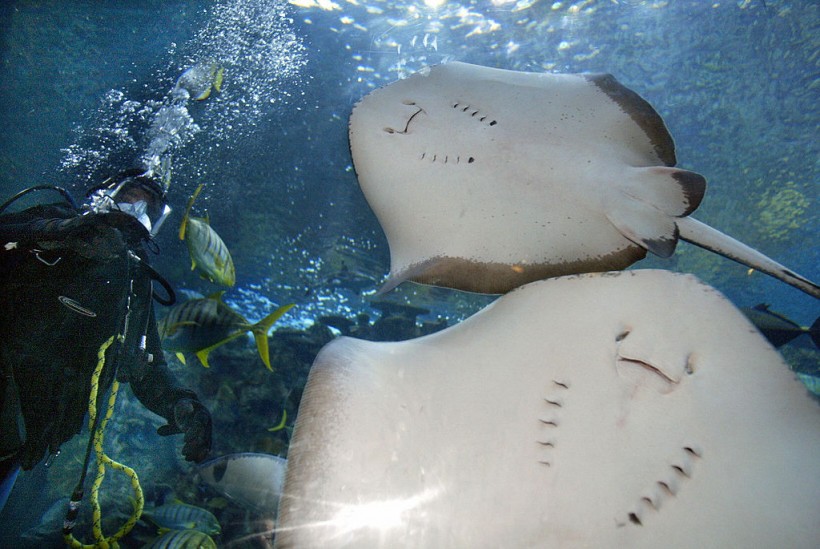[ad_1]
Elephants in the thousands could be sent from Botswana to Germany over a conservation and legal issue between the two countries. During a recent address to German media in early April, Botswanan President Mokgweetsi Masisi issued a threat to Germany that the African nation would send 20,000 elephants to the said European country due to a dispute over a “hunting trophy import legislation.”
Elephants in Africa, including in Botswana, have experienced continued threats from wildlife traffickers and hunters. The giant mammals are mainly killed for their ivory tusks as part of the illegal wildlife trade across the continent. In addition to widespread drought across Africa in recent years, this wildlife crime has contributed to the decline of African elephant populations in some parts of the continent.
20,000 Elephant Threat

President Masisi has threatened to send 20,000 elephants to Germany over the latter’s suggestion earlier this year to have stricter limits on importing trophies from hunting animals, which affects African elephants in Botswana. The suggestion was made by Germany’s Ministry of Environment in line with the hunting trophy import legislation, which was also voted on by the United Kingdom Parliament in March 2024.
The legislation, which is yet to become a law, aims to ban the import of hunting trophies. However, reports say that President Masisi denounces the legislation since it would only aggravate poverty in their country. Botswana, along with other southern African countries, generate money from “rich Westerners” who pay large sums of dollars for an authorized shooting of a wild animal and then take its body part home as a trophy.
Since the UK also supports the legislation, Botswana last month also threatened to send 10,000 elephants to the heart of Great Britain, mainly in London’s Hyde Park. Despite the relative decline of the elephant population across Africa compared in prehistoric times, President Masisi assured that Botswana’s elephant population had exploded due to conservation efforts and trophy hunting keeps them in check.
Also Read: Elephant Names: New Study Reveals African Elephants Give Each Other ‘Specific Calls’
Elephant Trophy Hunting
Currently, Belgium, Australia, and France are some of the countries in the world that have banned the trade in hunting trophies, including elephant ivory tusks. While neighboring countries of Botswana such as Zimbabwe and Namibia also denounce the trophy hunting ban, animal rights groups denounce the practice. Regardless of the ban, elephants in Africa are still vulnerable to persistent poaching.
According to the World Wide Fund for Nature (WWF), decades of poaching and conflict have contributed to the decimation of African elephant populations. The WWF also cited estimations by experts in 2016 that Africa’s elephant population had decreased by 111,000 in a matter of a decade, placing the current population at 415,000 elephants across Africa. In recent years, African elephant deaths due to drought have been reported.
In December 2023, various reports state that at least 100 elephants died in Zimbabwe because of drought, which had been strengthened by climate change.
Related Article: Elephant Deaths In Africa Could Be Attributed To Heat, Drought, Study Says
© 2024 NatureWorldNews.com All rights reserved. Do not reproduce without permission.
[ad_2]




